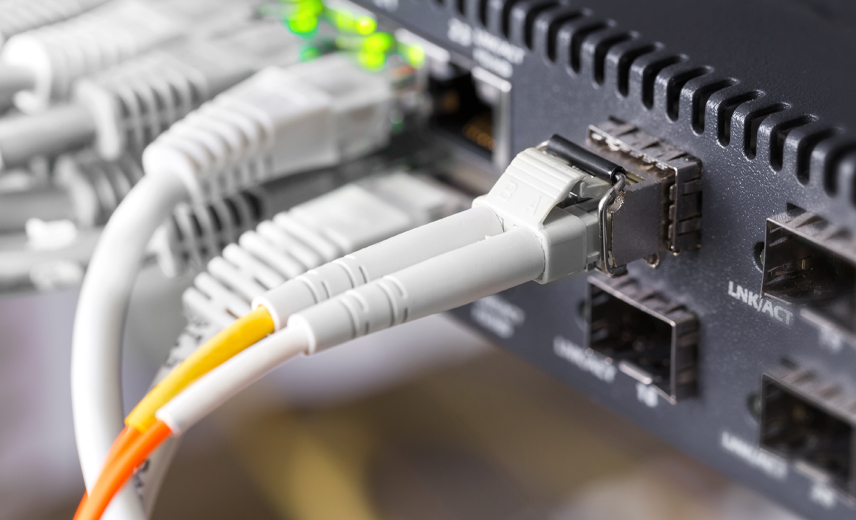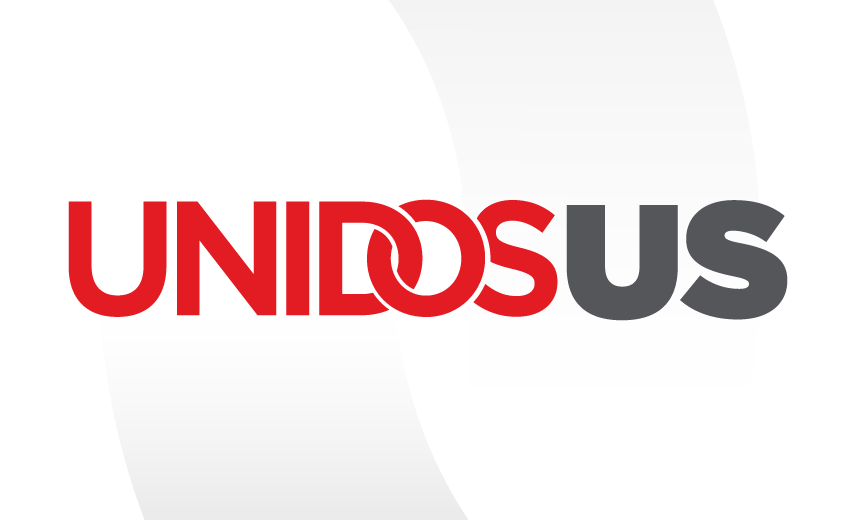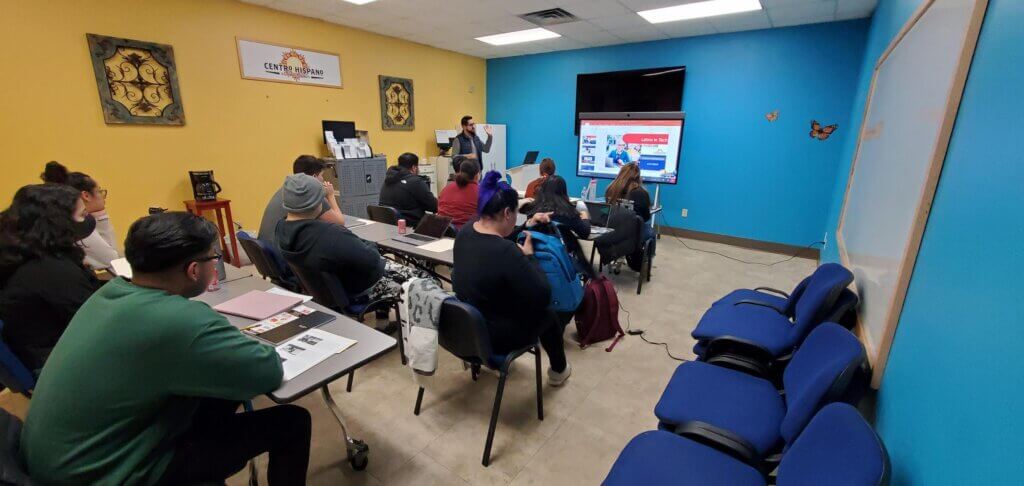Why Internet Affordability Is Essential in an AI-Driven World
Access to broadband is a prerequisite for equity, inclusion and competitiveness, especially for the Latino community.
We are the second-largest racial or ethnic group in the U.S., and yet we are also overrepresented in the digital divide. That is why the current Congressional debate over the future of the Affordable Connectivity Program (ACP) is critical. For our economy to deliver shared prosperity, programs like ACP must be extended and given stable, long-term support.
Congress recognized this need when it first funded the ACP through the Bipartisan Infrastructure Law. But with the program set to run out of funds by early 2024, we threaten to leave millions of households that now depend on the program without internet, undoing the progress that the program has provided. We cannot fully realize the ACP’s demonstrated gains unless we commit to sustaining it.
The ACP provides essential financial assistance to help lower-income households afford and maintain stable broadband internet at home. Research reveals that households—across every community—that earn $50,000 or less a year are the least likely to have broadband at home. According to the latest five-year American Community Survey, the median income for Hispanic households is $51,811. For many Latino households, the ACP can be the difference between digital exclusion and inclusion. Because it provides discounts on monthly service and subsidized devices, it tackles prohibitive internet costs—a primary obstacle for Latinos and many Americans.
As we actively sprint towards advanced digital technologies including scaled automation and generative artificial intelligence, more than 20 million Latinos still lack adequate internet at home. And even more lack the skills necessary to fully participate online. Failing to prioritize the digital equity needs of Latinos now will have stark consequences—not only for communities, but for our increasingly digital workforce and economy. With Latinos accounting for 78% of all new U.S workers between 2020 and 2030, the stakes for closing the digital divide are steep for all of us.
Without an inclusive approach to digital connectivity, Latinos are—and will continue to be— excluded from opportunities to generate and advance wealth, health, and power. Lacking access to the internet closes pathways that lead to better social services, financial tools, education, and job training.
Yet thirty-five percent of Latinos in America lack access to affordable, reliable high-speed internet at home. Because our community is nearly 1 in 5 people in the U.S., this has serious implications for our digitally driven economy and workforce overall. Failing to bridge the digital divide will also hamstring our nation’s ability to maintain its leadership position in the global race for technological talent and innovation.
Digital inclusion also has the power to improve health outcomes through increased access to public health and telehealth services. And universal adoption can enable engagement with quality information and news access, elevating civic participation and empowering Latino voices and representation.
But connectivity infrastructure alone is not enough. In practice, digital equity also means improving access to internet-enabled devices and the digital skills to fully make use of online resources. Any one—or a combination—of these factors can trap Latinos on the wrong side of the digital divide and isolate them from opportunity and important supports for living. To effectively address the barriers Latinos face to internet access and adoption, we need public policies and programs that reflect and respond to the ways Latinos and others live, navigate, and engage online.
We cannot wait for the market alone to close the digital divide. Competitiveness requires maximizing digital connectivity and adoption. Without the ACP to lower costs and expand adoption, many Latinos will remain cut off from opportunities in the modern economy. But with an empowering on-ramp to affordable broadband access, Latinos can develop digital skills, engage with emerging tech like AI, and more fully participate in our digital society. Targeted investments in essential inclusion programs like ACP are vital down-payments for an economically equitable future for every community.



